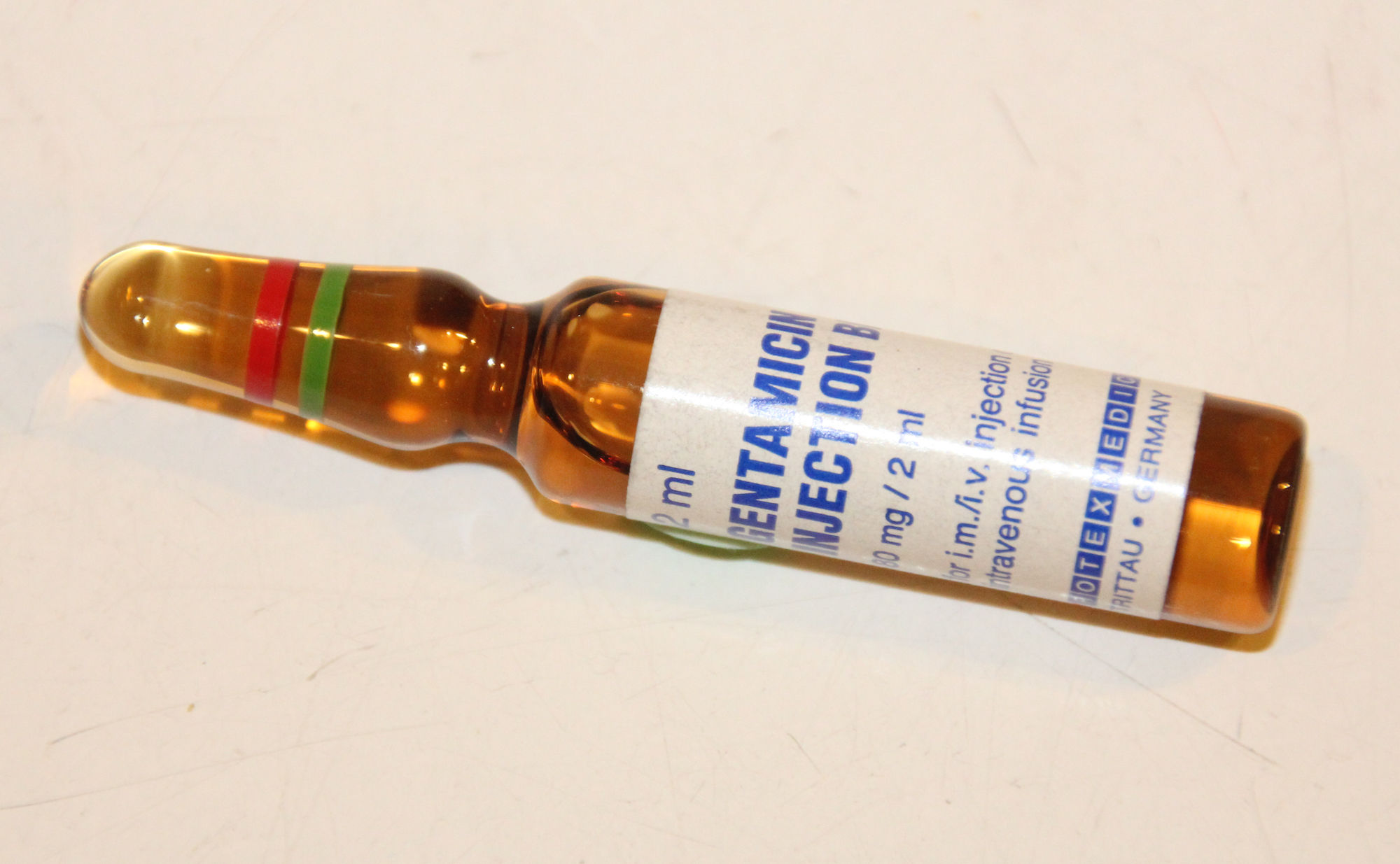Ihsan vs state: A father’s 12-year fight for justice
The Supreme Court awarded MVR7 million in damages for medical negligence.

17 Aug 2019, 09:00
For the past 12 years after his eldest daughter lost her hearing, Ahmed Ihsan was a “walking, talking man in a coma.” A short but sturdy man now in his late thirties, the father of three speaks matter-of-factly as he recounts his nightmarish journey through the Maldivian legal system.
Ihsan’s long struggle for truth and justice began when three-year-old Aishath Iyan came down with a fever in July 2007. Three days after she was admitted at the ill-equipped health centre on the family’s native island of Faresmaathoda, a doctor noticed swelling on her hand and referred her to the Gaaf Dhaal atoll hospital on the nearby Thinadhoo island.
On July 14, 2007, a doctor at the regional hospital operated on her hand and prescribed daily doses of gentamicin, an antibiotic used to treat many types of bacterial infections.
Five days later, Iyan turned deaf.
Become a member
Get full access to our archive and personalise your experience.
Already a member?
Discussion
No comments yet. Be the first to share your thoughts!
No comments yet. Be the first to join the conversation!
Join the Conversation
Sign in to share your thoughts under an alias and take part in the discussion. Independent journalism thrives on open, respectful debate — your voice matters.




